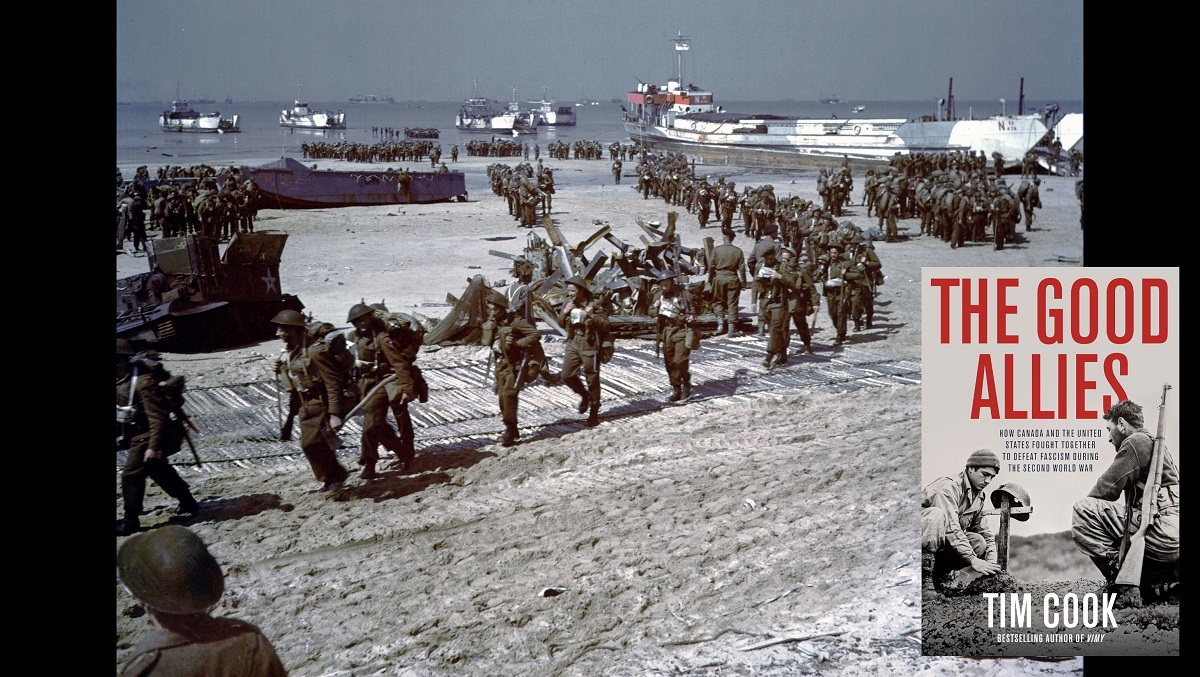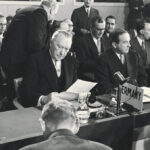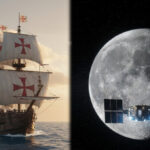
It’s time for another episode in our On Writing series. Host Michael Neiberg is joined in the studio by Tim Cook, the chief historian at the Canadian War Museum. Tim emphasizes the importance of making history accessible to the public, which involves finding compelling ways to tell stories and connect with readers. Their discussion covers Cook’s latest book, The Good Allies, which explores the relationship between Canada and the United States during World War II. Cook highlights the challenges of writing a book that is both chronological and thematic, and the importance of situating historical events within their specific time period. He explains that while there is an abundance of literature on World War II, he seeks to find unique angles and approaches to the topic.
The Canadian heart is with Britain keeping the British in the war. But we realize with our heads that we have to become more North American and this becomes really a pivotal point in Canadian history because after the war we will very much be a North American nation.
Podcast: Download
Subscribe: Apple Podcasts | Spotify | Amazon Music | Android | Pandora | iHeartRadio | Blubrry | Podchaser | Podcast Index | TuneIn | Deezer | Youtube Music | RSS | Subscribe to A Better Peace: The War Room Podcast
Tim Cook is Chief Historian and Director of Research at the Canadian War Museum. His best-selling books have won multiple awards, including four Ottawa Book prizes for Literary Non-Fiction and two C.P. Stacey Awards for the best book in Canadian military history. In 2008 he won the J.W. Dafoe Prize for At the Sharp End and again in 2018 for Vimy: The Battle and the Legend. Shock Troops won the 2009 Charles Taylor Prize for Literary Non-Fiction. Cook is a frequent commentator in the media, and a member of the Royal Society of Canada and the Order of Canada. You can find his complete works here.
Michael Neiberg is the Chair of War Studies at the U.S. Army War College.
The views expressed in this presentation are those of the speakers and do not necessarily reflect those of the U.S. Army War College, U.S. Army, or Department of Defense.
Photo Description: Canadian infantry troops landing on Juno Beach on D-Day, 6 June 1944, as part of the Allied invasion of Normandy.
Photo Credit: Regional Council of Lower Normandy / National Archives of CANADA




